Mangroves free of 500 tonne of plastic
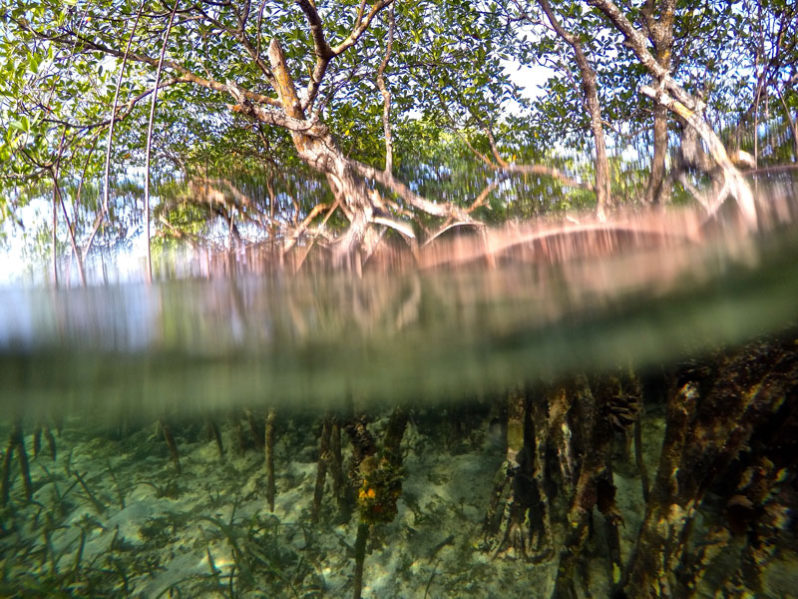
Nearly 500 tonne of plastic waste was removed from eight mangrove sites across Mumbai and suburban areas over the last two months. On an average, 70-80 tonne of plastic is removed every week, and 10-15 tonne every day.
Plastic straw makers brace for bans
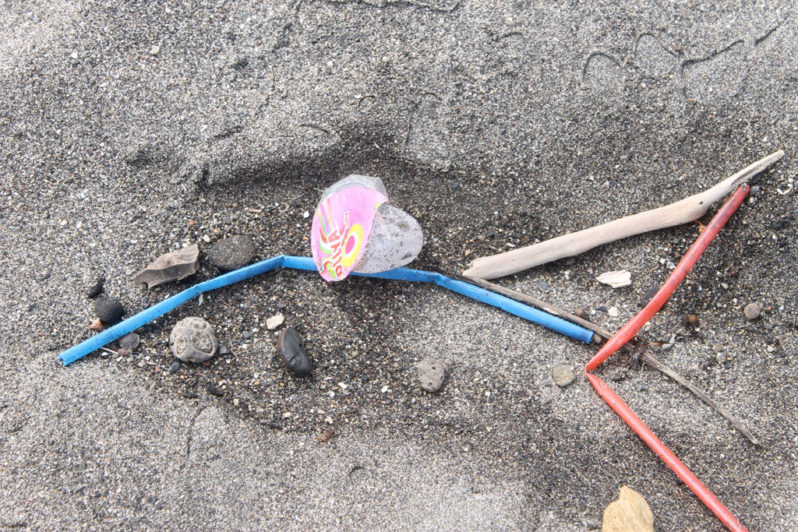
Plastic straw manufacturers are bracing for big changes. The tide is turning against their product. Cities and countries around the world are stepping up pressure on businesses and consumers to ditch the plastic drink accessory because of the pollution it causes.
Industry is leaking huge amounts of microplastics, Swedish study shows
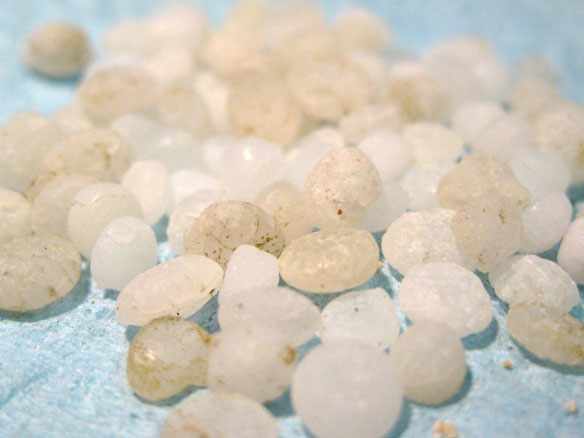
Millions of plastic pellets are leaking out into the environment from a manufacturing site in Stenungsund, according to a new Swedish study. Despite several international and national sets of regulatory frameworks, the leaking continues.
High levels of microplastics found in Northwest Atlantic fish
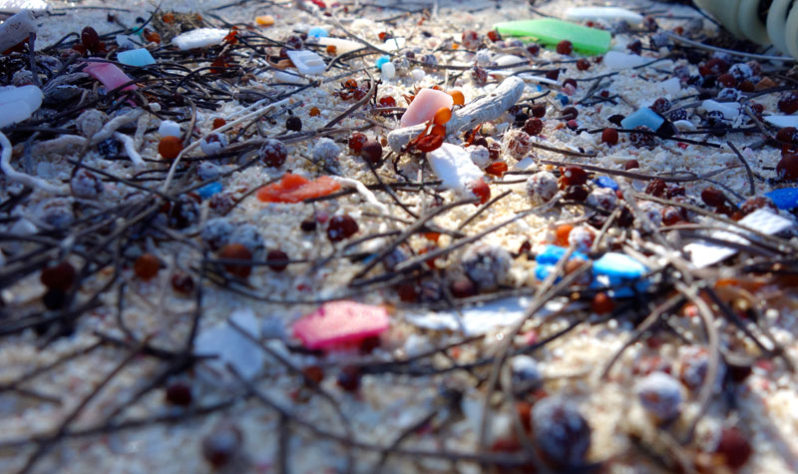
A new study finds 73 percent of mesopelagic fish caught in the Northwest Atlantic had microplastics in their stomachs, one of the highest levels globally. These fish could spread microplastic pollution throughout the marine ecosystem, by carrying microplastics from the surface down to deeper waters. They are also prey for fish eaten by humans, meaning that microplastics could indirectly contaminate our food supply.
Microplastics pollute most remote and uncharted areas of the ocean
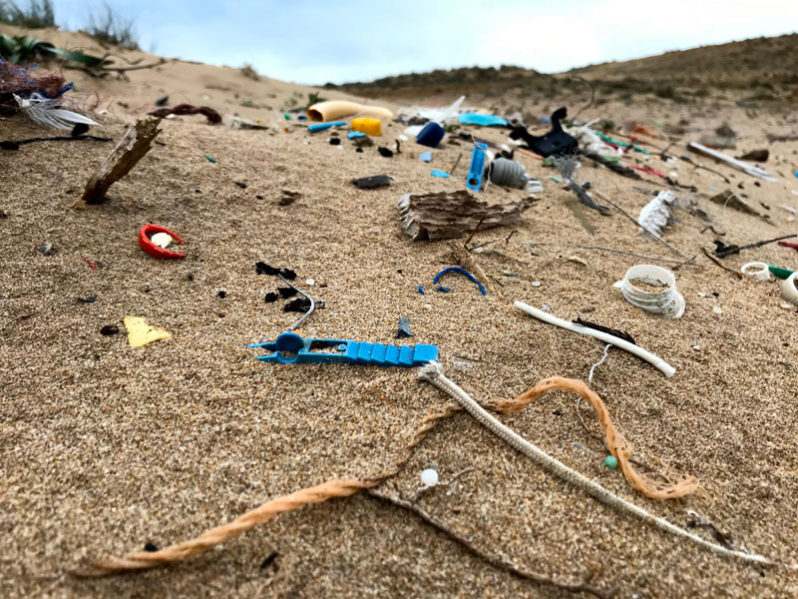
First data ever gathered from extremely remote area of the South Indian Ocean has a surprisingly high volume of plastic particles, say scientists. Currently scientists can only account for 1% of the plastic they think is in the ocean.
Plastic waste ‘building up’ in Arctic
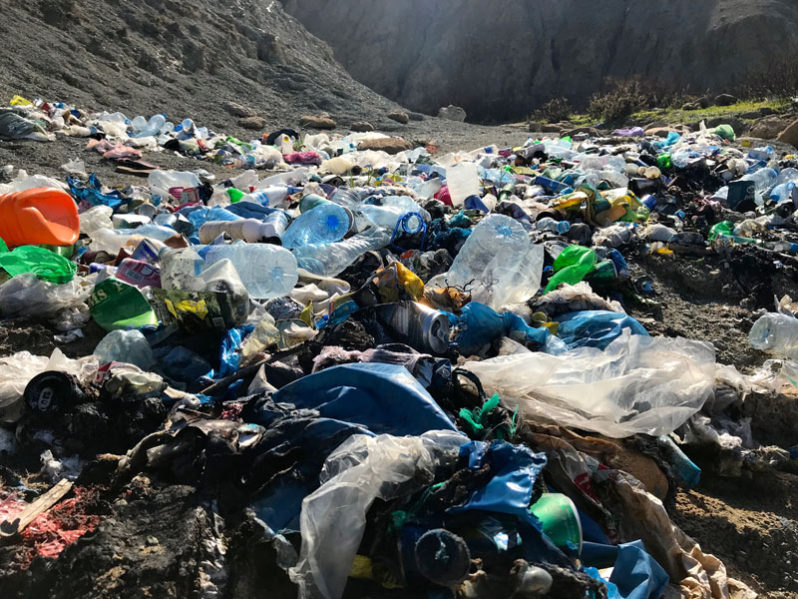
Plastic waste is building up in the supposedly pristine wilderness of the Norwegian Arctic, scientists say.
Whale and shark species at increasing risk from microplastic pollution – study
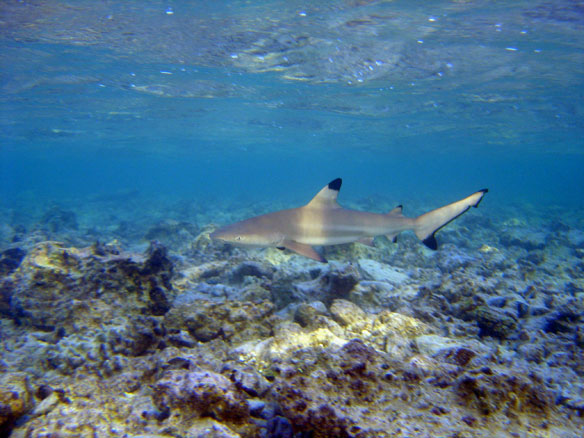
Whales, some sharks and other marine species such as rays are increasingly at risk from microplastics in the oceans, a new study published in the journal Trends in Ecology and Evolution, suggests.
Plastic in the Oceans Increasing Risk of Disease in Coral Reefs
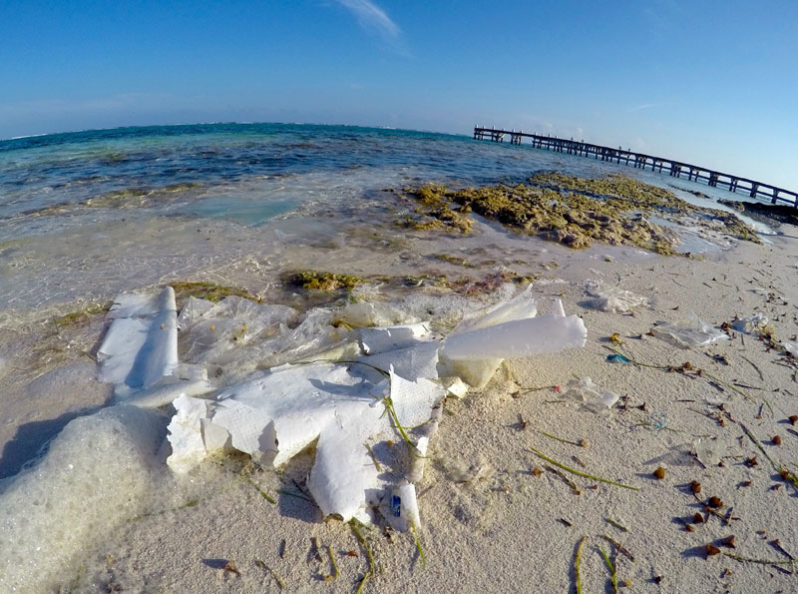
More than 11 billion pieces of plastic are lodged within coral reefs in the Asia-Pacific region. According to a new study published in the journal Science, as this plastic gets tangled, it often cuts the coral, increasing the risk of infection and disease outbreaks by as much 89 percent.
With China’s Ban on Waste Imports, Europe Announces New Recycling Initiatives
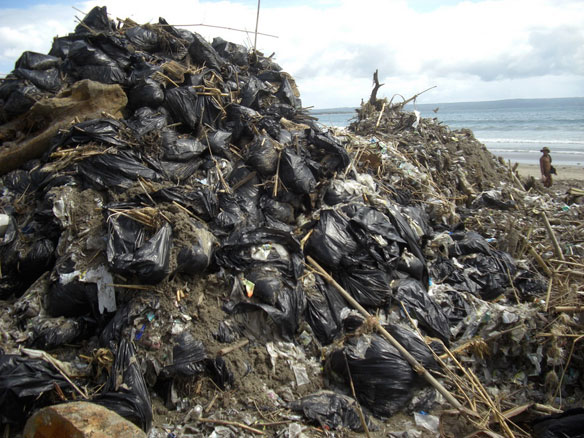
In the wake of China’s ban on the import of foreign garbage, which took effect earlier this month, countries across the globe are scrambling to figure out what to do with the thousands of tons of trash piling up at their ports. Now, Europe has announced it is launching an aggressive new recycling initiative to reduce plastic waste and garbage exports.
